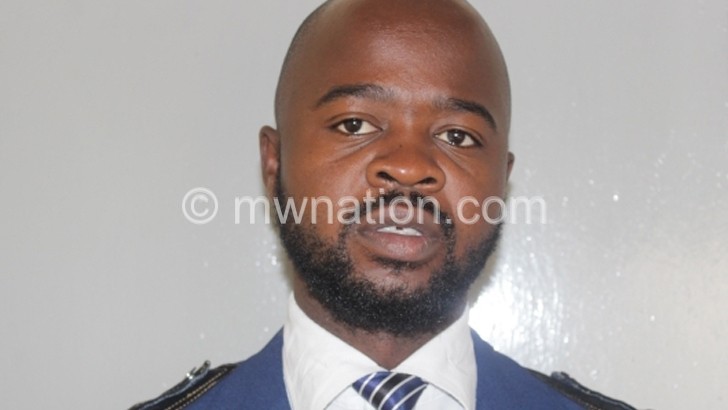Govt declares Malawi cholera free
Government has declared the country cholera-free after a six-month successful fight against the pandemic which hit the country and claimed 30 lives.
Ministry of Health (MoH) spokesperson Joshua Malango said in an interview yesterday government declared the nation free from the disease yesterday after it passed a World Health Organisation (WHO) test of not reporting any new cases within 14 days from the last incident.

He said: “I can confirm that the country is now declared cholera-free after going 14 days without registering any case across the country, in line with the World Health Organisation recommendations.”
Although he described the fight against the disease as a success, he noted that there are some areas that need improvement in future, to prevent the pandemic hitting the country again.
“It was largely a success since we managed to prevent a major disaster. However, there are some areas that need improvement and, as a ministry, we are working on that,” he added.
Malango noted that lack of community knowledge on cholera prevention and control, low coverage of safe water, hygiene and sanitation facilities in some communities and negative religious beliefs were some of the issues that could prevent government from consolidating the successful fight against the pandemic.
Records indicate that the last cholera cases were reported on April 27 2018 when two cases were recorded at Lilongwe District Health Office (DHO), one other case at Area 25 Health Centre and another one at Bwaila Hospital.
Since then, no cholera case has been reported in Malawi. The cholera outbreak caused 929 cases and 30 deaths from 18 health facilities and 12 communities since the first case was reported in November 24 2017.
In an interview, the Malawi Health Equity Network (Mhen) executive director George Jobe commended government and its stakeholders in the fight against the pandemic between November 2017 and April this year.
He said: “I think we owe this achievement to good collaboration between stakeholders. Malawi has health committees which check all outbreaks across the country’s health facilities. We can draw a lesson from cholera situations, especially in places we had cases.”
Although he hailed government for an effective fight against the disease, Jobe said the war is not over and that government should continue with awareness campaigns and sensitisations, considering that poor sanitary services still exist in some communities.
Outlining strategies that can be taken to prevent further outbreaks of the disease, Jobe said it is imperative to reflect on the situations surrounding the spread of the pandemic, which is believed to have originated from the country’s neighbours, Tanzania and Zambia.
“We can draw lessons from cholera situations, especially in areas where there were cases. There was cholera in Karonga and Salima because these districts are along the lake, whereas in Lilongwe and other areas it was because of poor sanitation,” he added.
Jobe proposed that as government is continuing with its campaigns and sensitisation, the Lilongwe Water Board (LWB) and other water providers should consider extending their services to communities prone to cholera outbreaks.
LWB chief executive officer engineer Alfonso Chikuni concurred with Jobe that a cholera outbreak is facilitated when people are not exposed to clean water sources, mainly due to poor settlement plans.
He observed that when they tested many boreholes in Lilongwe’s peripheral sites, like Chinsapo, they were found to have contaminated water.
Chikuni said: “We can extend our services because it is within our mandate to provide potable water to the people.”
Information sourced from the WHO website indicates that following a drastic rise in the number of people infected on a daily basis, Malawi conducted a first-round vaccination drive that immunised 108 000 people against cholera in Karonga. Up to 500 000 other people were also immunised in Lilongwe Urban with support from WHO.
The vaccines which were used were dispatched from the global stockpile Oral Cholera Vaccine (OCV) funded and purchased by Gavi, the Vaccine Alliance which pumped in about K75 million ($ 100 000) in the fight against the disease. n





